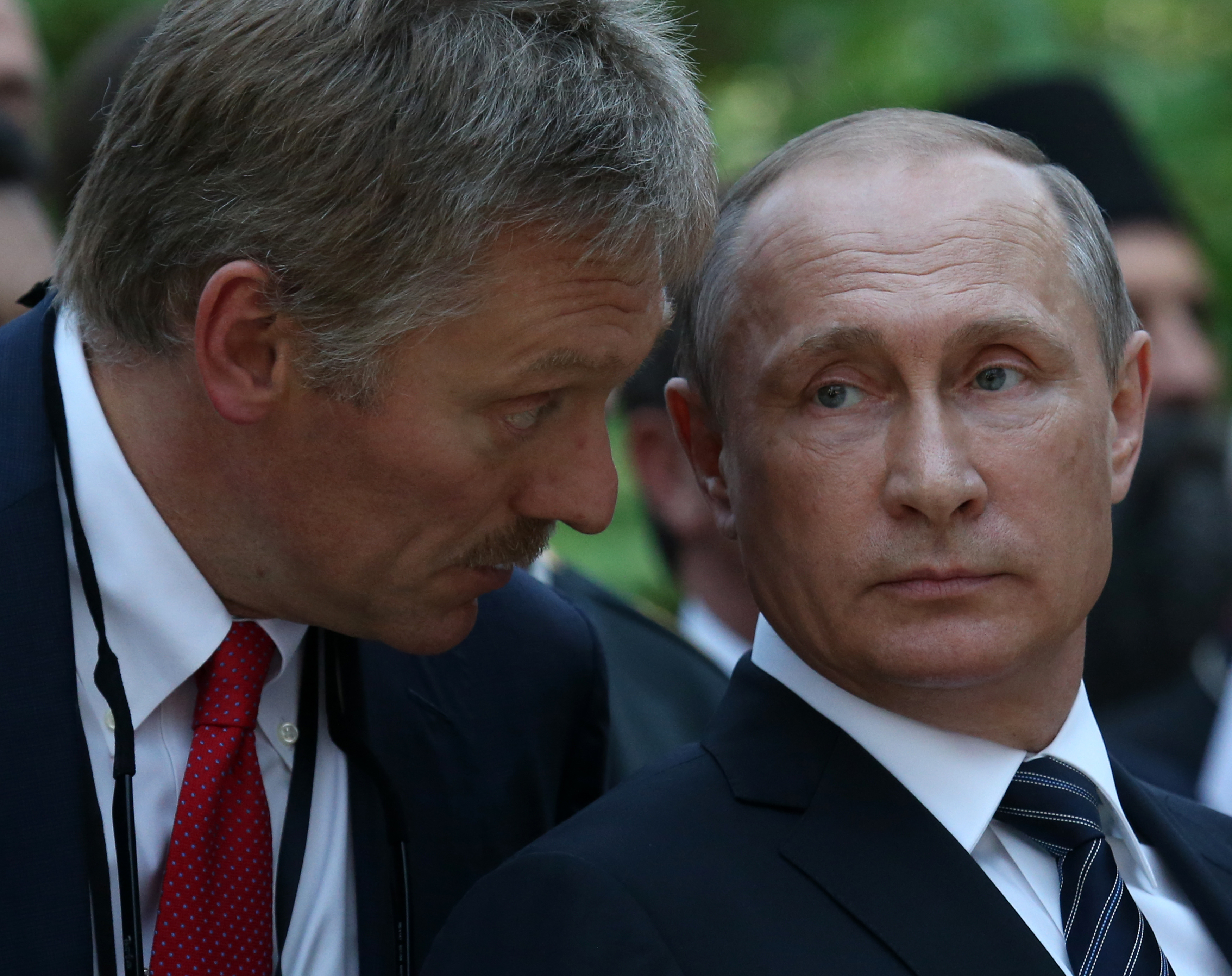We Americans have suffered a painful increase in the cost of living. The campaign of former President Donald Trump and Sen. JD Vance (R-OH) blames the Biden-Harris administration for it. Many people believe it. The claims are wrong.
The Trump-Vance campaign accuses the current administration of over-spending. When government and consumer spending jumps, the economy can overheat and inflation accelerates.
They point first to the $1.9 trillion pandemic-related emergency spending package signed by President Joe Biden in March 2021. This constituted a massive injection of money into the economy.

But this legislation followed a similar package signed by Trump in December 2020, a measure he said at that time did not provide sufficient funds for families to handle the pandemic.
Neither piece of legislation caused the cost of living to increase. They did not raise overall spending in the economy. They replacedlost income. Economists David Cutler and Larry Summers estimate that families, businesses, and state and local governments lost $7.6 trillion in income during the pandemic, much more than the value of the combined spending packages just mentioned. Rather than adding to spending, these packages substituted for the losses during the pandemic.
As for the other major federal spending packages spearheaded by President Joe Biden and Vice President Kamala Harris: the Infrastructure Investment and Jobs Act (IIJA) of November 2021, and the Inflation Reduction Act (IRA) of October 2022, they have not caused the cost of living to increase either. The inflation burst happened before, not after the money in these packages began to be spent.
The spending in the IIJA and IRA is spread over a long period. For instance, the November 2021 Act has a five-year implementation horizon. Out of the $1.2 trillion in the legislation, less than one-half of that money had been allocated as of September 2024! Since inflation peaked in June 2022, and has been declining sharply since then, the snail-paced spending in these legislation packages cannot be a cause of inflation.
So, what engendered the climbing cost of living?
The burst of inflation has been a global phenomenon. lifting prices all over the world. In some countries the cost of living has risen by much more than in the United States.
What triggered this rise? First, in March and April of 2021, Russia started a massive mobilization of troops that eventually led to its invasion of Ukraine on Feb. 24, 2022. This caused a global crisis and it engendered a gradual increase in the price of crude oil from $52 per barrel in January 2021 to $120 in June 2022 , the second highest level in the U.S. during the last 40 years. The cost of living surged. The soaring energy prices affected transportation costs, the cost of utilities and, indirectly, the prices of almost everything else.
The second factor causing our cost of living to rise was the breakdown of supply chains during and in the aftermath of the pandemic. We all remember the shortages. Economists refer to it as a supply shock. It was unprecedented in history. And it lasted for years.
The supply shock coincided with the advent of the Biden-Harris administration, but it was not caused by it. Supply chain breakdowns were global in nature and the shortages caused prices to rise everywhere, not just in the U.S.
The third factor behind the rise in the cost of living was monetary policy. Responding to the alarming unemployment during the pandemic, the Federal Reserve (the Fed) --America's central bank—responded aggressively: it was monetary policy on steroids.
The Fed stimulates the economy by reducing interest rates and some of these were pushed down to zero beginning in May 2020 and all the way through May 2022. In addition, the Fed undertook an unprecedented expansion of the credit it provides the economy—by lending to financial institutions, to the private sector, and to state and local governments. This rose by close to $3 trillion, a historic injection of money into the economy.
The Fed's actions did their job: the goal was to prevent what could have been a global financial crisis. Other central banks joined the Fed, including the European Central Bank. It became a global initiative.
But there were consequences. And one of them was inflation. How?
The credit expansion led to an immediate surge in spending. Loans made by banks in the U.S. rose by almost a trillion dollars between the end of January 2020 and May 2020, the largest increase in 50 years. These loans fueled spending on cars, appliances, and almost everything else, and the rising demand caused prices to jump.
Consider housing. With so much money hanging around, banks lowered their mortgage rates. The 30-year fixed mortgage interest rate, which had been close to 5 percent in 2018 dropped all the way to 2.7 percent in November 2020, a historic low, and stayed that way until November 2021. New mortgages financed a soaring housing demand, which resulted in climbing housing prices and, indirectly, higher rents as well. Cash extractions from mortgage refinancings (totaling as much as $430 billion) triggered additional spending, spiking demand and raising prices.
But monetary policies are not controlled by the Biden-Harris administration. They are determined by the Fed, which acts independently of the federal government.
Summing up: the upsurge in the cost of living was generated by (1) the Russian invasion of Ukraine, (2) global supply chain disruptions, and (3) the 2020-2022 unprecedented credit expansion by the Fed. As these forces have waned or reversed, the increase in the cost of living has abated. Gasoline is at $3.20 per gallon (down from $5.00 in 2022). Some food prices have dropped in the last year. And overall inflation is settling at levels prevailing before the pandemic.
Don't blame the Biden-Harris administration for something it did not cause.
Francisco L. Rivera-Batiz is professor emeritus of economics and education at Columbia University, where he remains teaching at its School of International and Public Affairs.
The views expressed in this article are the writer's own.




















 English (US) ·
English (US) ·